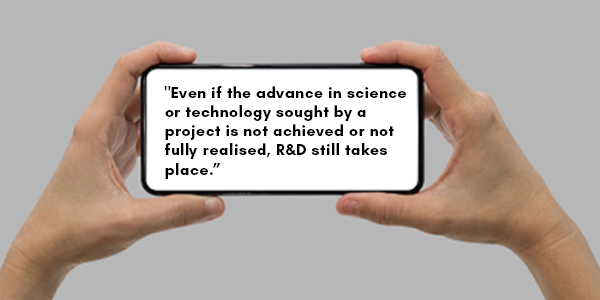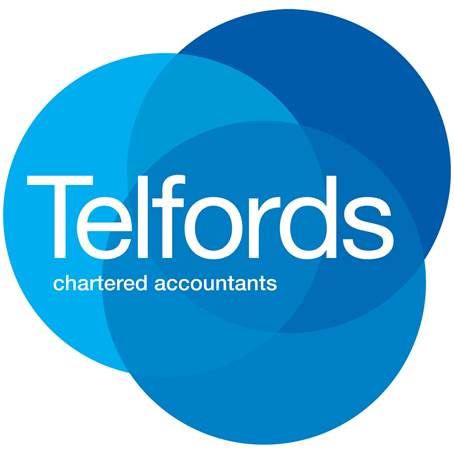Can I claim tax relief for failed R&D projects?

Failure is a reality of life, and the same applies in business. Failure comes hand in hand with innovation; it’s a by-product of learning and development. So to innovate, is to take a risk. When you start an R&D project, you have no guarantee that the project is going to be a success. You know that. That’s why R&D tax credits exist, to incentivise businesses to take that risk.
Failed R&D is still R&D
R&D tax relief is not solely aimed at rewarding successful projects, it is intended to incentivise certain behaviour in businesses. The Government Guidelines on the meaning of research and development for tax purposes, clearly state:
“Even if the advance in science or technology sought by a project is not achieved or not fully realised, R&D still takes place.” (Paragraph 10)

Here’s four points you should consider if an R&D project you are working on fails:
- Not all projects achieve the advance in science or technology they are seeking:
As long as the projects seeks to achieve an advance in science or technology and completes work to attempt to resolve the scientific or technological uncertainty, R&D applies. - Projects that fail can often be the most fruitful, from a learning perspective:
The information from these projects is invaluable. The more you fail, the more you learn and get closer to your goal of success. - If a project fails, keep a record of why:
If it’s a technical reason make sure you raise this with us, and that we consider this when you claim. - If a project fails for business, commercial or legal reasons, it’s not a failed R&D project:
You still have to look at the advances sought, and technical difficulties and challenges faced. Provided the project meets these criteria, you can claim, whether or not you achieved the intended outcome.
Failed projects that claimed R&D
Software:

Attempted integration of several systems for a bespoke enterprise resource planning system, where APIs were either not set up or of limited use. Significant time and effort went into trying to find a workable solution, but technical difficulties lead the project to be put on hold whilst other solutions were considered. The investment of staff time and external subcontractors had run to £120k and lead to an R&D tax refund of £25k in total.
Engineering:

Development of an adjusted process to reduce waste in the manufacturing process. The company manufactures car parts and was trying to find ways to reduce the waste materials produced in the production process. After trialling three different methods and testing new materials, no significant reductions in waste were available. The project was abandoned due to other business areas becoming prioritised when the market changed due to Covid. The in-house team’s time and some materials and tooling costs were incurred, which resulted in a tax credit refund of £55k.
Failed R&D for Funding
An R&D Tax claim can be a very welcome friend, following the financial hit of a failed project, it takes the edge off the risk and enables further investment into innovation. It’s a great way to fund R&D projects and claw back the losses from the failed work, so you can go again. If successful, R&D tax credits can provide businesses with the funding to kickstart further projects and enable a continuous flow of funded innovation. And innovation promotes more innovation.
Think you might be eligible to claim?
If you think you might be eligible for R&D Tax Relief, and you’d like to find out more about how we can help you make your R&D claim, please book a call here.
